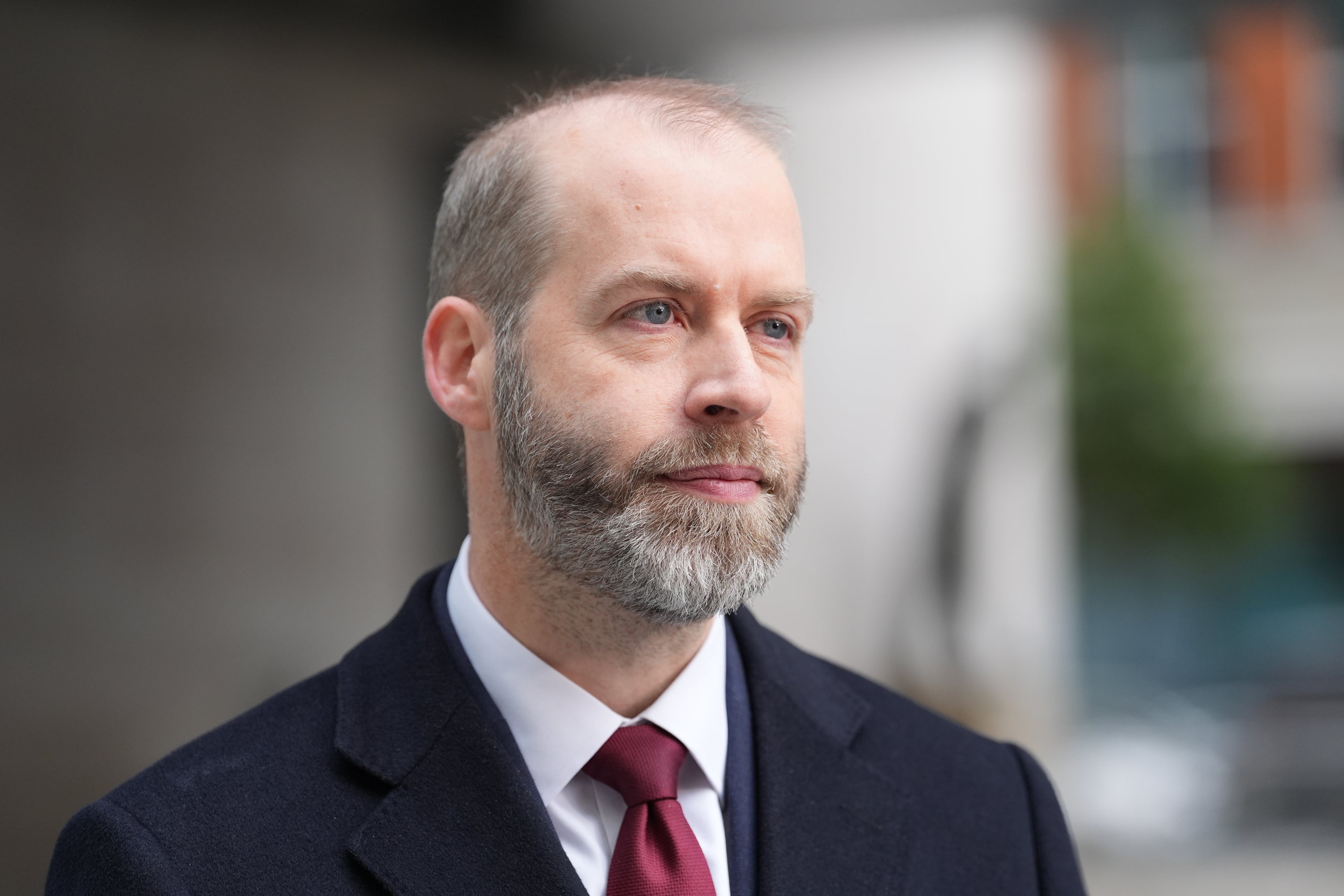How the quietly radical Co-op Party is a driving force behind Labour’s plans for power
As Keir Starmer and Angela Rayner gear up for a vital investment summit, Archie Mitchell turns his attention to a little-known political party that has a big influence on the government’s policy

All eyes will be on Sir Keir Starmer’s summit in the City of London on Monday, with the event promising to bring billions of pounds of investment into the UK.
The gathering, which will feature bosses of some of the world’s biggest firms including GSK and Blackrock, is seen as the culmination of years of work by the PM and chancellor Rachel Reeves to win back the trust of business.
But 200 miles away from the crucial financial hub, with a little less glitz and glamour, a conference unfolded this weekend that perhaps says more about Labour’s approach to business, and where power lies in the party.
In Manchester, at Co-op HQ, Angela Rayner, Jonathan Reynolds and Andy Burnham all addressed members of the little-known political party that sits at the heart of much of Labour’s plans for power.
The Independent looks at what the Co-op Party is, and how it is quietly driving the more radical parts of Labour’s agenda.

Founded in 1917, the Co-op Party has had an electoral agreement with Labour for close to a century, which sees candidates stand jointly under the Labour and Co-operative Party banner.
Its MPs, metro mayors and councillors champion the values of the Co-op movement such as community ownership and control and a fairer distribution of wealth.
After July’s general election, the party has a record 43 MPs in Westminster, with four members of Sir Keir’s cabinet – Mr Reynolds, women and equalities minister Anneliese Dodds, environment secretary Steve Reed and leader of the Commons Lucy Powell – and a host of more junior ministers.
And its influence shows. Much of Labour’s election-winning manifesto was made up of policies pushed for by the Co-op Party, including a key pledge to double the size of the co-operative sector. Mr Reynolds used his Co-op conference speech to tout the promise, which he said would help Labour’s mission to boost growth across the UK.
The party has also won agreement from Labour to give communities the right to buy assets such as pubs and venues before they are sold privately.
Deputy PM Ms Rayner used her speech on Saturday to talk up the legacy such a change would leave.
She told Co-op members: “If we get this right, the opportunity is huge. We want part of this government’s legacy to be thriving high streets, busy town centres, happy and hopeful communities.
“Once we give communities that power, it can’t just be taken away. Those assets belong to the community, their fate is in the community’s hands. They can’t just be taken away.”

In another sign of the Co-op Party’s significant influence on the government, community ownership sits at the heart of its energy policy. Announcing the launch of a publicly owned energy firm, Ed Miliband said: “GB Energy will oversee our biggest expansion of community energy in our history through our Local Power Plan.”
Much was made of the impact of various Tory factions influencing governments from the ERG under David Cameron to the so-called five families of Tory groups rebelling against Rishi Sunak on migration.
But, despite wielding significant influence over Labour, the Co-op Party makes few headlines.
The party is run by Joe Fortune, a former advisor to former Labour shadow transport secretary Michael Dugher with a deep network of contacts across the Labour movement, having worked in and around it for his entire adult life.
He has been the Co-op Party’s general secretary for five years and rarely seeks the spotlight, preferring to push for change behind closed doors. A colleague described him as a “quietly radical operator who knows how to influence people”.
Having likely secured more commitments in Labour’s manifesto than any group bar the unions, it already has an eye on what comes next when the government has delivered on the plans.
Looking toward the next general election, it is set to push Labour to ensure greater community ownership and control in the social care sector and early years provision.
So while Sir Keir’s investment summit with business chiefs is sure to dominate the headlines, behind the scenes, Fortune and the Co-op Party will be plugging away, quietly yet radically playing a major part in Labour’s plans.






Join our commenting forum
Join thought-provoking conversations, follow other Independent readers and see their replies
Comments